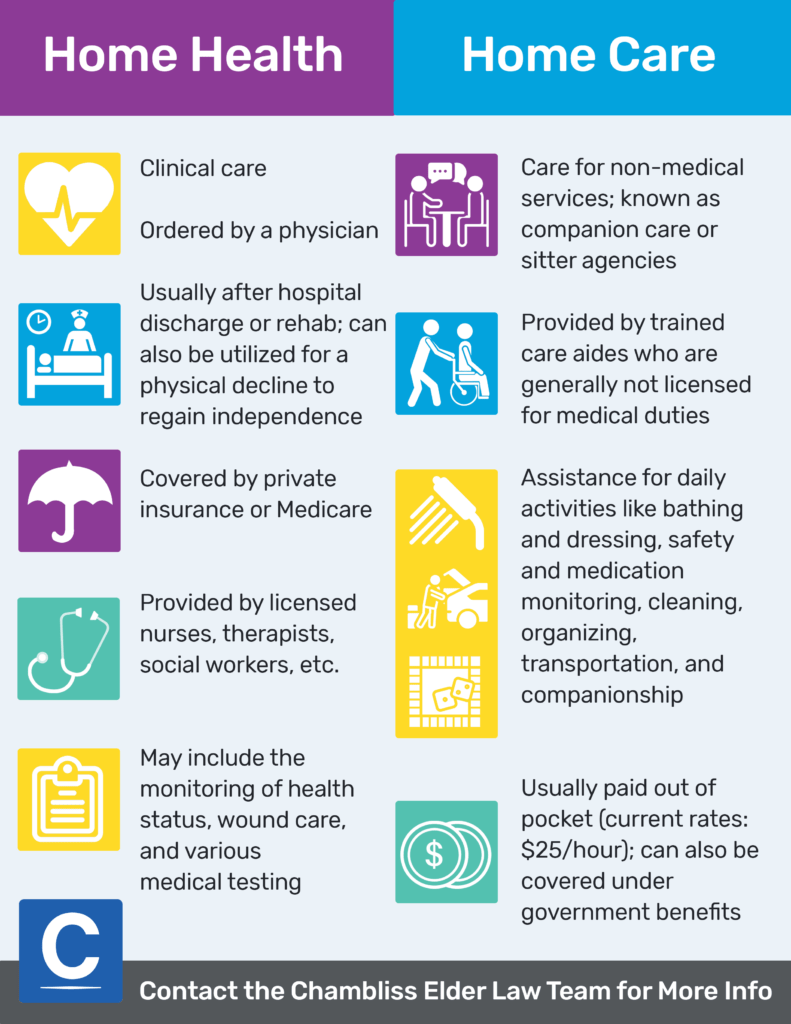What you should know before starting services with home care providers under NDIS
Everything About Home Care Solutions for People With Disabilities: NDIS Registered Support
Home treatment solutions under the NDIS play a crucial function in sustaining people with disabilities. These solutions are created to boost day-to-day living with tailored aid, varying from personal treatment to movement support. Understanding how to browse these options can be intricate. This review checks out the different elements of NDIS home treatment, from readily available solutions to the selection of providers, highlighting vital considerations for those seeking support. The trip toward encouraged care begins below.
Recognizing the NDIS and Its Purpose
The National Impairment Insurance System (NDIS) functions as a transformative framework created to offer assistance and solutions for people with impairments. Developed to improve the lifestyle and guarantee fair accessibility to important resources, the NDIS encourages participants by providing personalized plans tailored to their unique needs. It aims to foster independence, allowing individuals to pursue their individual objectives and aspirations.Through an organized approach, the NDIS assigns funding for various supports, including education, work help, and neighborhood involvement. This comprehensive plan not just concentrates on instant treatment but additionally highlights lasting developmental outcomes. By advertising selection and control, the NDIS motivates individuals to pick their recommended solution providers, assuring that treatment aligns with their preferences and worths. Ultimately, the NDIS stands for a significant dedication to boosting the lives of people with impairments, cultivating inclusivity, and building a much more encouraging culture.
Kinds of Home Care Services Available
Different sorts of home care solutions accommodate individuals with disabilities, primarily concentrating on individual care help and reprieve care options. Personal treatment aid supplies essential assistance with daily activities, while respite care offers short-term relief for primary caretakers. Understanding these solutions is essential for making certain the health of both people with specials needs and their households.
Personal Treatment Support
While maneuvering every day life can provide difficulties for people with specials needs, individual care assistance offers vital assistance tailored to their unique requirements. This type of home care solution encompasses a variety of activities developed to advertise independence and improve lifestyle. Personal care aides assist with everyday tasks such as showering, dressing, grooming, and toileting, making certain people preserve individual hygiene and comfort. They may also assist with dish prep work, drug administration, and flexibility support. By offering individualized care, these professionals empower people to involve even more completely in their social tasks and daily routines. Overall, individual treatment help plays a substantial function in fostering dignity and autonomy for those with specials needs, allowing them to flourish in their home setting.

Reprieve Treatment Options
Reprieve care functions as a vital source for family members and caretakers of people with specials needs, providing short-lived remedy for the needs of day-to-day caregiving. This kind of solution can take different kinds, consisting of in-home reprieve care, where experienced professionals go to the home to aid with care tasks. Conversely, households may select facility-based respite care, where people obtain treatment in a specialized setting, enabling caretakers to relax. Additionally, some companies use emergency situation respite services for unanticipated scenarios. These alternatives not just assist relieve caretaker stress and anxiety yet likewise promote the health of people with disabilities by supplying them new experiences and social communication. Overall, reprieve treatment plays a critical function in sustaining both caregivers and those they look after.

Exactly How to Accessibility NDIS Home Care Services
Accessing NDIS home treatment solutions entails understanding the qualification standards established forth by the National Handicap Insurance Policy Plan. Individuals must navigate a structured application procedure to secure the needed assistance customized to their needs. This area will certainly clear up both the qualification demands and the actions involved in looking for solutions.
Eligibility Standards Discussed
To get approved for NDIS home care services, people need to satisfy details qualification standards that examine their situations and requirements. First, applicants have to be aged between 7 and 65 years and have a irreversible and substantial impairment that affects their capacity to do everyday tasks. Furthermore, they should be an Australian resident, an irreversible citizen, or hold a Protected Special Group Visa. The NDIS calls for proof of the disability, commonly via medical assessments or reports. Individuals need to show that they call for support to take part in social and economic life. These requirements ensure that services are directed towards those who genuinely need aid, advertising self-reliance and enhanced high quality of life for individuals with handicaps.
Application Process Actions
Can I Select My Own Assistance Workers Through NDIS?
The specific asked whether they can select their very own assistance workers under the NDIS structure. Generally, individuals have the adaptability to pick support workers, cultivating individualized care that aligns with their certain needs and choices.
What Occurs if My Demands Modification After Getting Support?
If a person's requirements modification after obtaining support, they must connect these modifications to their provider. Adjustments can be made to the care strategy, guaranteeing that the assistance continues to be efficient and relevant for their scenarios.

Are There Restricts on How Lots Of Hours of Treatment I Can Obtain?
The individual inquired about potential limitations on the number of treatment hours obtained. Generally, such restrictions might exist based on details plans or funding plans, highlighting the relevance of evaluating contracts and standards consistently.
Can I Utilize NDIS Funding for Home Alterations?
The question of using funding for home modifications emerges often. this content Generally, people may utilize NDIS funding for necessary adjustments to their homes, making certain access and security, section upon conference particular eligibility requirements and guidelines.
Exactly how Do I Manage Grievances Concerning My Home Treatment Solutions?
To resolve grievances about home care services, people must initially record their concerns. They can communicate straight with their service provider, looking for resolution, or escalate the problem to relevant oversight bodies if needed. Home care solutions under the NDIS play a crucial role in sustaining people with disabilities. Numerous types of home treatment services cater to individuals with impairments, primarily concentrating on personal care help and respite care alternatives. support at home. Individual care assistance supplies necessary assistance with day-to-day tasks, while reprieve treatment offers temporary alleviation for key caretakers. Families may opt for facility-based respite treatment, where people get care in a specialized environment, allowing caretakers to take a break. Exactly how can family members efficiently manage the economic facets of home treatment solutions for individuals with impairments?